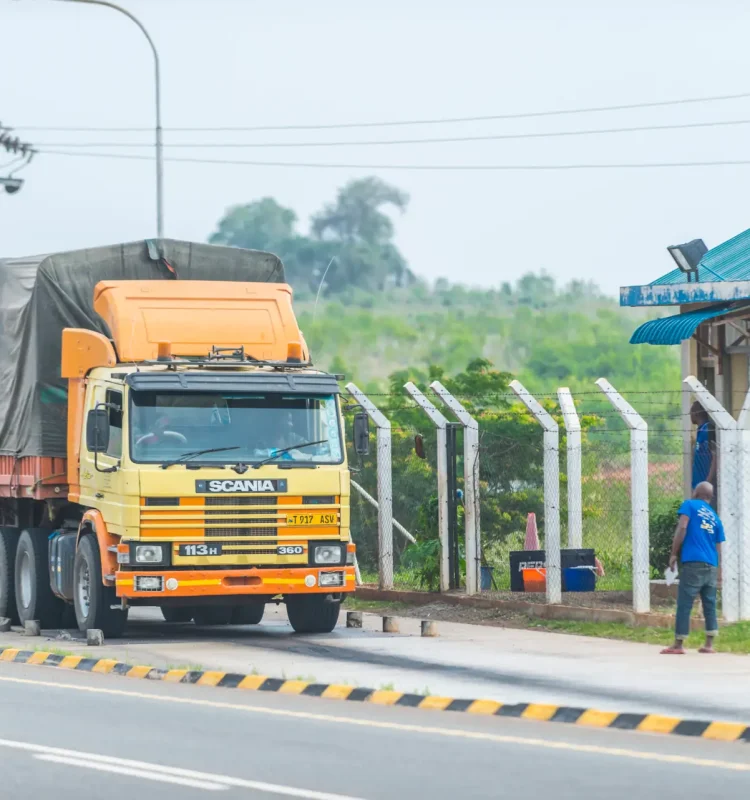Project Brief
Corridor Management and Coordination‐5704

Implementing Partner
Ministry of Transport and Equipment

Implementation Period
Jan 2022- Dec 2025

Project Participants
Customs Officers, Officers from other Regulatory Agencies at borders and ports

Project Value
$ 1,400,000

Project Rationale
Extensive stakeholder consultations point out that one way of addressing some of the above challenges would be putting up a corridor management and coordination framework through establishing and operationalising of the Corridor Management Authority (CMA) comprised of both Ethiopia and Djibouti stakeholders. The Authority will work closely with corridor stakeholders to coordinate operations on the corridor and will be critical in identifying bottlenecks that arise, leading in their resolution.
For effective operation of the CMA, the partners will be supported to develop appropriate tools for measuring and evaluating performance of the corridor. Consequently, proposed measures and actions should be taken to improve and maintain corridor performance and at the same time ensure proper coordination of stakeholders. By forming and activating technical committees within the CMA, sector specific challenges on trade facilitation, digitisation and infrastructure will be resolved in a timely manner. A critical arm of the programme will be continuous research, which will enable stakeholders including the Governments of Ethiopia and Djibouti, donors, and users of the corridor, to understand and resolve issues that affect performance of the corridor i.e decongesting of PK12.
The Djibouti Corridor is a major trade gateway for Ethiopia, handling 90% of Ethiopia’s total trade. Every day, over 4000 trucks ply across the corridor moving different types of goods from humanitarian goods to agricultural inputs. Authorities and key players in both Ethiopia and Djibouti highlight the various barriers across the corridor, such as unnecessary delays of trucks at the port of Djibouti, PK 12 and PK51, congestion at PK12, lack of coordination among logistics sector player, unharmonised legal framework in the transport sector and massive infrastructure gaps on the Djibouti side.
Subsequently, this results in high costs of trade in terms of money and time. For example, currently trucks on the corridor make an average of 2.5 trips per month against a targeted six trips per month.
Implementation Strategy
The project targets a number of interventions including:
1. Provision of technical assistance to support the Ministry of Infrastructure and Equipment roll out and implement better corridor management and coordination mechanisms such as operationalisation of the Corridor Management Authority.
2. Develop and roll out corridor performance measurement tools and put in place mechanisms to ensure productivity is improved and maintained.
3. Facilitate a technical committee to convene stakeholders and devise solutions to resolve challenges affecting the corridor

